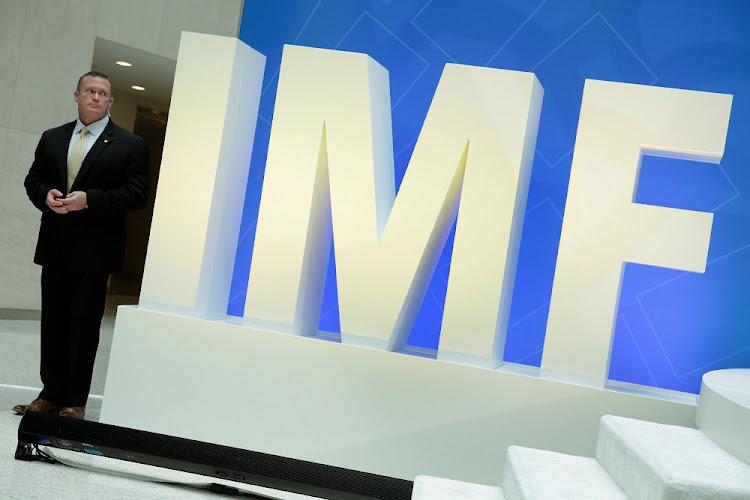Zombie economics is the road to ruin for SA

These ideas purport to champion the very people who will bear the brunt of the devastation that follows
The Covid-19 pandemic and resultant economic crisis that continues to ravage lives and livelihoods has revealed what Nobel laureate Paul Krugman calls “zombie ideas” about economic policy. These are ideas that have been thoroughly refuted by empirical evidence as not worth pursuing, but refuse to die, being continually reanimated.
In SA we have had zombie fiscal policy ideas for some time; they revealed themselves after the 2008 global financial crisis and paved the road to the IMF.
Now that we have passed through the gates of the IMF under self-imposed conditions that are meant to help us avoid a structural adjustment programme a few years from now, the “zombie ideas” are back to lock us in, dressed as champions of the poor. If they are not checked they will lead the country to ruin, and the people they purport to champion will bear the brunt of the economic devastation that will follow.
Let me take you through the so-called neoliberal policy stance and what it did. The RDP, AsgiSA and Gear policies, despite all their shortcomings, delivered prudent fiscal and monetary policy outcomes for the country. The total gross debt to GDP ratio was reduced from 48% in 1995 to a low of 27% in 2008. The Treasury ran a fiscal surplus in the 2006/2007 fiscal year, which helped SA respond to the financial crisis that followed by, among other things, allowing a large infrastructure building programme.
The phrase “counter fiscal policy” was ingrained in discussions about the policy stance and practice. Former president Thabo Mbeki recounted this at the first Power 98.7 Chairman’s Conversation. He recounted that it was always clear that large fiscal deficits would necessitate increased borrowing to pay interest instead of economic development. He further pointed out that if we do not change this and reduce the budget deficit and public debt, SA will end up having to go to the IMF.
The most important aspect of the budgeting process that he recounts is that there was always a strategic reserve set aside for dealing with unforeseen economic shocks. This strategic reserve was depleted and used to pay public sector employee wage increases.
Expanding the government wage bill and increasing it at rates higher than 3% over inflation is a zombie fiscal policy stance. It is simply unsustainable. It crowds out public investment, which is necessary to crowd in private sector investment by derisking large-scale infrastructure projects enough for the private sector to participate. The Treasury has identified the wage bill as a big risk to the fiscus and indicated that it needs to be reduced in the years ahead. Those touting zombie ideas say that is counter-revolutionary austerity and label it neoliberalism.
To push forward with this zombie stance of forever expanding the wage bill and social wage without increasing the tax base from which this is funded, there is another zombie policy being pushed forward: that the Reserve Bank must print money to finance the government.
The response to the IMF loan and the details of what the Treasury and Bank committed the country to say a lot about where we are headed if SA fails to follow the path outlined to the IMF. In that letter the Treasury says it will introduce a debt ceiling to prevent debt spiralling further and will embark on fiscal consolidation to reduce the deficit. The Reserve Bank promises to keep inflation anchored at 4.5%.
That is a plausible way to take SA back out of the gates of the IMF and avoid its structural adjustment programme, which will become a reality in the years to come if the country continues to entertain zombie economic policy ideas that distract from the implementation of the economic policy document the Treasury proposed in 2019.
